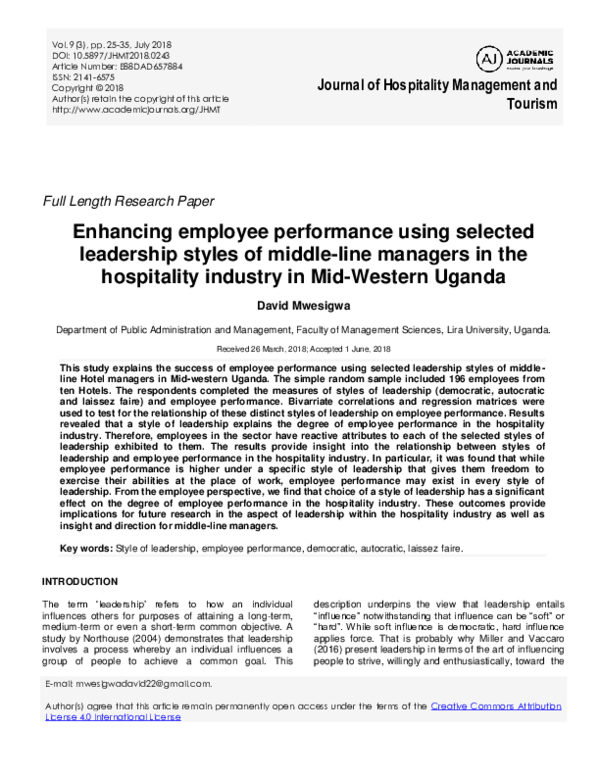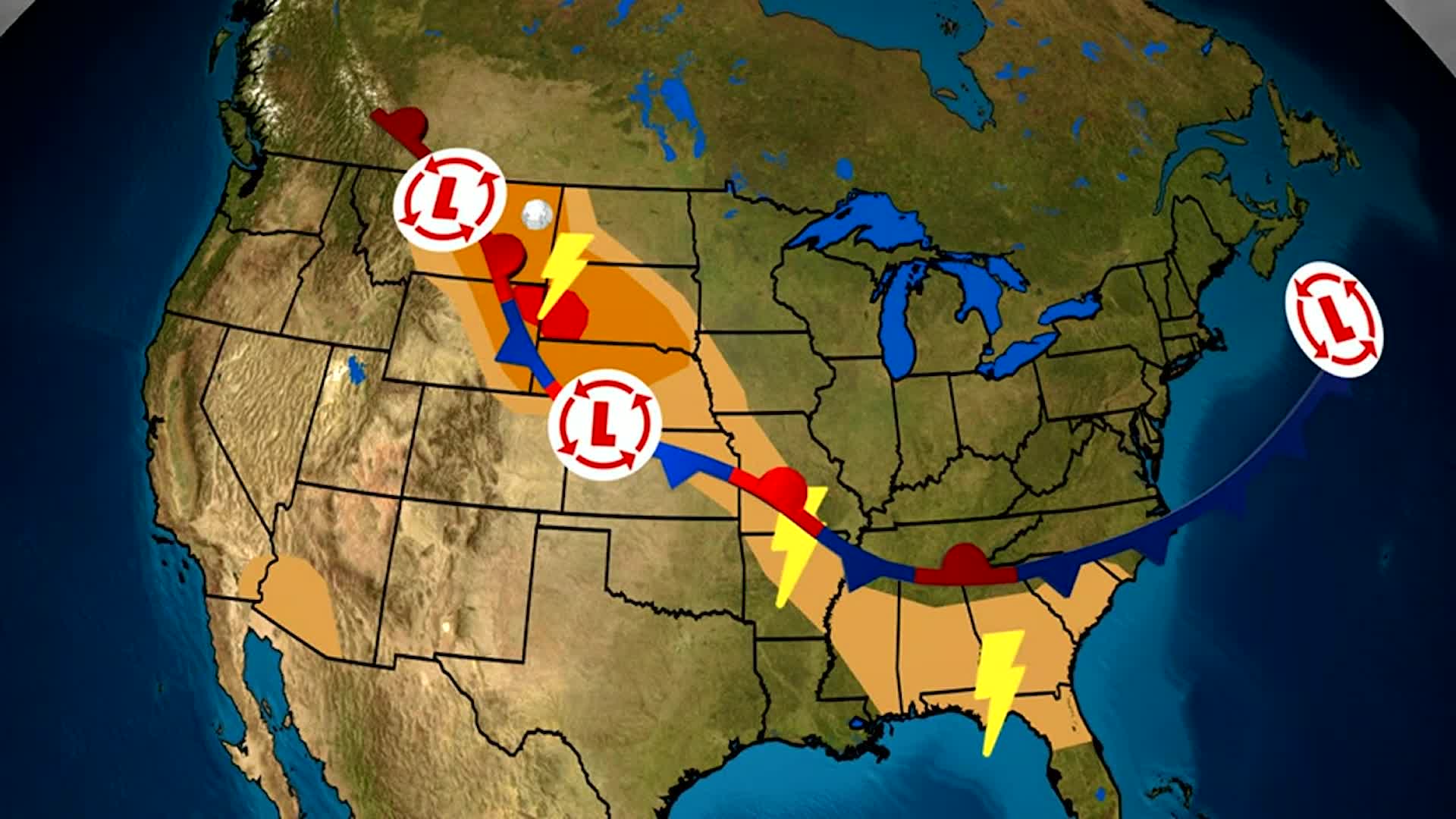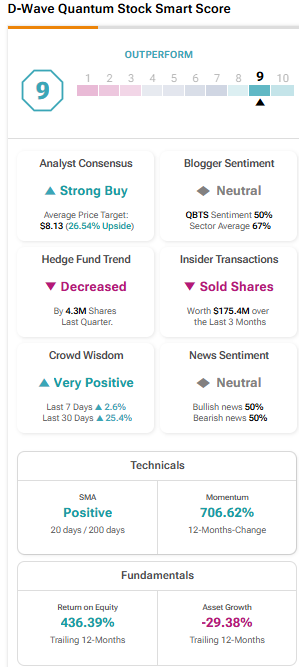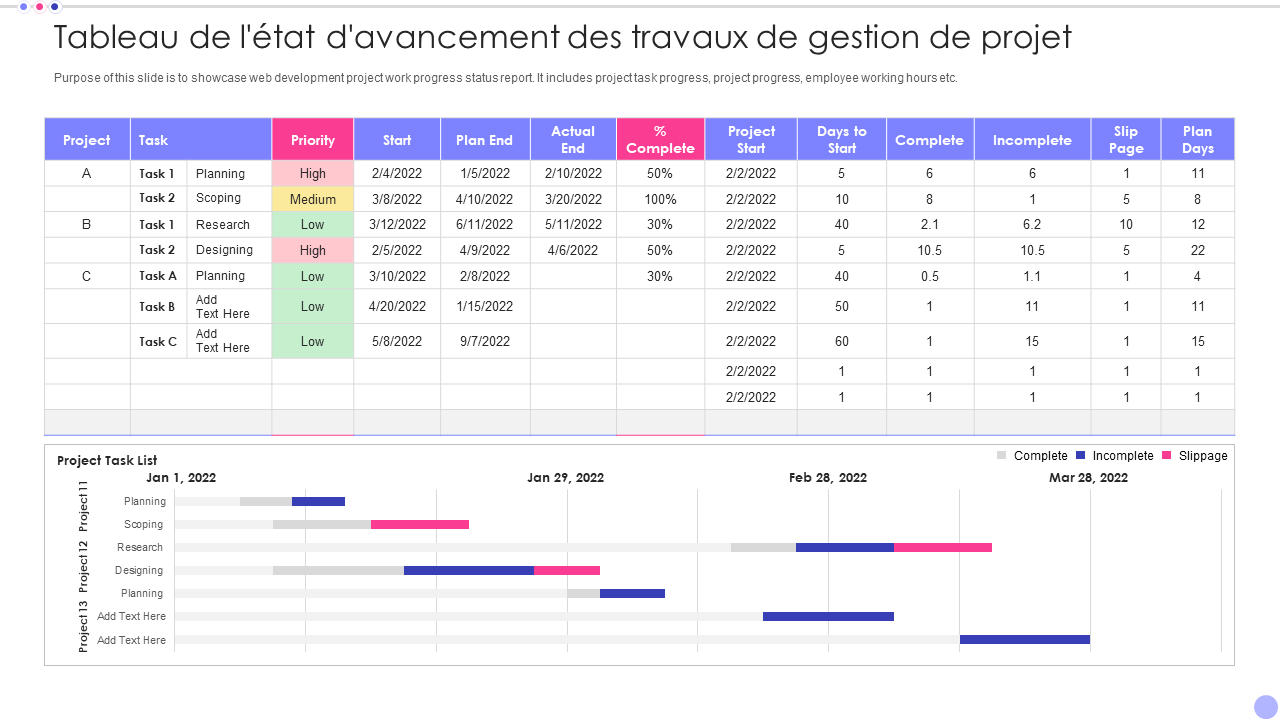Analysis: Tony Hinchcliffe's Unsuccessful WWE Talent Report

Table of Contents
Hinchcliffe's Lack of Wrestling Expertise
Hinchcliffe's foray into WWE talent scouting was met with immediate skepticism from many wrestling fans and professionals. This skepticism stemmed primarily from his evident lack of experience within the professional wrestling industry. His background lies firmly in stand-up comedy, with no demonstrable knowledge of wrestling's nuances, techniques, and the unique demands of WWE's performance environment.
Unfamiliarity with WWE's Specific Needs
- Lack of Ring Psychology Understanding: Hinchcliffe's report seemingly overlooked the crucial aspect of "ring psychology" – a wrestler's ability to connect with the audience, build narratives, and understand the flow of a match. WWE prioritizes performers who can captivate crowds and tell compelling stories within the ring, a skill that requires years of training and experience.
- Misjudgement of Physical Attributes: While athleticism is important, WWE looks for a specific blend of strength, agility, charisma and the ability to perform physically demanding maneuvers safely. Hinchcliffe's evaluation may have lacked the expertise to judge this blend.
- Ignoring the "WWE Brand": WWE has a particular style and aesthetic. A wrestler's fit within this brand is paramount. Hinchcliffe's report may not have adequately considered this crucial aspect.
Misinterpretation of Talent
Hinchcliffe's criteria for evaluating talent may have deviated significantly from standard WWE scouting practices. He likely assessed potential based on criteria more aligned with his comedic background, neglecting crucial wrestling-specific skills.
- Emphasis on Stand-Up Style Personality: While charisma is vital, WWE requires a different type of stage presence, one specifically tailored to the high-energy, theatrical nature of professional wrestling.
- Overlooking Technical Proficiency: Technical wrestling skills – holds, submissions, and the ability to execute complex maneuvers – are fundamental in WWE. A comedic background provides little insight into this area.
- Ignoring Longevity and Training: WWE typically invests in wrestlers with demonstrable training and the potential for long-term development. Hinchcliffe’s report may not have assessed this crucial aspect adequately.
Methodology Flaws in the Talent Report
Beyond Hinchcliffe's lack of expertise, the methodology employed in compiling the report also appears flawed. A robust talent scouting process requires a structured approach, objective evaluation criteria, and thorough data analysis. Hinchcliffe’s report appears to have fallen short in these areas.
Insufficient Scouting Methods
- Limited Exposure to Talent Pool: The report likely lacked the breadth of exposure needed for a comprehensive evaluation of potential talent. WWE scouts cast a wide net, attending independent wrestling shows and scouting athletes from diverse backgrounds.
- Subjective Evaluation Criteria: Without established, objective criteria, Hinchcliffe’s assessment likely introduced significant bias and inconsistency.
- Insufficient Background Checks: WWE performs extensive background checks on potential recruits. It is unknown whether Hinchcliffe's report followed this procedure.
Lack of Data Analysis
The absence of data-driven analysis is a significant weakness. WWE likely uses advanced metrics and data analysis to assess athletic performance, audience engagement, and other key indicators.
- No Performance Statistics: The report likely lacked detailed performance data from wrestling matches or athletic competitions.
- No Audience Engagement Metrics: WWE uses data to measure audience reactions and wrestler popularity. Such metrics were likely absent from Hinchcliffe’s report.
- No Comparative Analysis: A thorough report would compare candidates against established benchmarks and other potential recruits.
The Impact of Public Perception and Backlash
The reception to Tony Hinchcliffe's unsuccessful WWE talent report was overwhelmingly negative. This adverse public reaction significantly contributed to its failure and impacted Hinchcliffe's image.
Negative Public Reaction
- Social Media Outrage: Social media platforms were flooded with criticism, mocking Hinchcliffe's lack of wrestling knowledge and the perceived absurdity of his recommendations.
- Professional Wrestling Community Backlash: The professional wrestling community largely rejected the report, highlighting the flaws in Hinchcliffe's methodology and lack of expertise.
- Media Scrutiny: The report faced widespread media scrutiny, with articles and discussions highlighting its shortcomings.
Damage to Hinchcliffe's Reputation
While the incident may not significantly damage his comedic career, it did expose his lack of knowledge in a field he attempted to enter.
- Reduced Credibility: Hinchcliffe's foray into professional wrestling talent scouting, followed by its failure, may have diminished his credibility in the eyes of some segments of his audience.
- Limited Future Opportunities: The negative reaction could impact future collaborations or opportunities, especially those involving professional wrestling or similar fields.
Conclusion: Lessons Learned from Tony Hinchcliffe's WWE Talent Report Debacle
Tony Hinchcliffe's unsuccessful WWE talent report serves as a cautionary tale highlighting the importance of expertise, rigorous methodology, and the impact of public perception in talent acquisition. His lack of wrestling expertise, flawed scouting methods, and the subsequent negative backlash underscore the need for thorough preparation and a deep understanding of the specific requirements of any field before offering assessments. The key takeaways emphasize that effective talent scouting requires not just intuition, but a robust data-driven approach, understanding of industry-specific requirements, and a comprehensive evaluation process.
What are your thoughts on Tony Hinchcliffe's unsuccessful WWE talent report? How could this report have been improved? Let's discuss the essential elements of effective talent scouting, and explore ways to avoid similar pitfalls in the future. Share your insights on improving future attempts at creating a successful WWE talent report.

Featured Posts
-
 How Middle Managers Drive Performance And Improve Employee Satisfaction
May 20, 2025
How Middle Managers Drive Performance And Improve Employee Satisfaction
May 20, 2025 -
 Stormy Overnight Severe Weather Possible Monday
May 20, 2025
Stormy Overnight Severe Weather Possible Monday
May 20, 2025 -
 584 Million Ipo Dubai Holding Expands Reit Offering
May 20, 2025
584 Million Ipo Dubai Holding Expands Reit Offering
May 20, 2025 -
 Analyzing The D Wave Quantum Qbts Stock Decline On Thursday
May 20, 2025
Analyzing The D Wave Quantum Qbts Stock Decline On Thursday
May 20, 2025 -
 Projet D Adressage Abidjan Etat D Avancement Et Chiffres Cles
May 20, 2025
Projet D Adressage Abidjan Etat D Avancement Et Chiffres Cles
May 20, 2025
